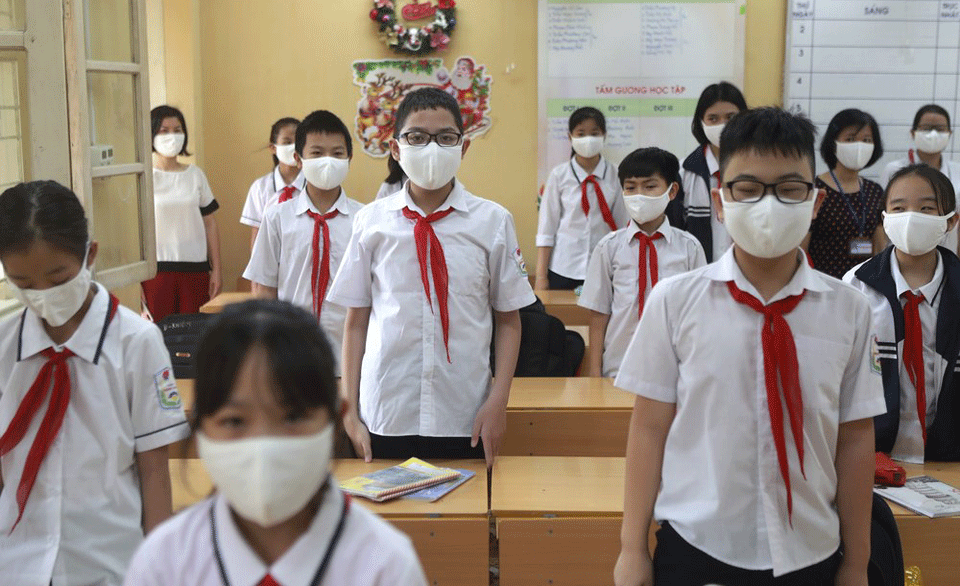by Andre Vltchek
How could the Great Patriotic War in which the Soviet people (including many members of my own family) lost at least 25 million lives, have anything in common with the latest outbreak of the novel coronavirus?
You think this is an absolutely insane question?
However, before you dismiss it, think twice. There are similarities how they are being portrayed. There is a dangerous, even deadly, pattern.
The storylines of both monumental events have been shamelessly kidnapped and perverted by Western propaganda!Read More »




